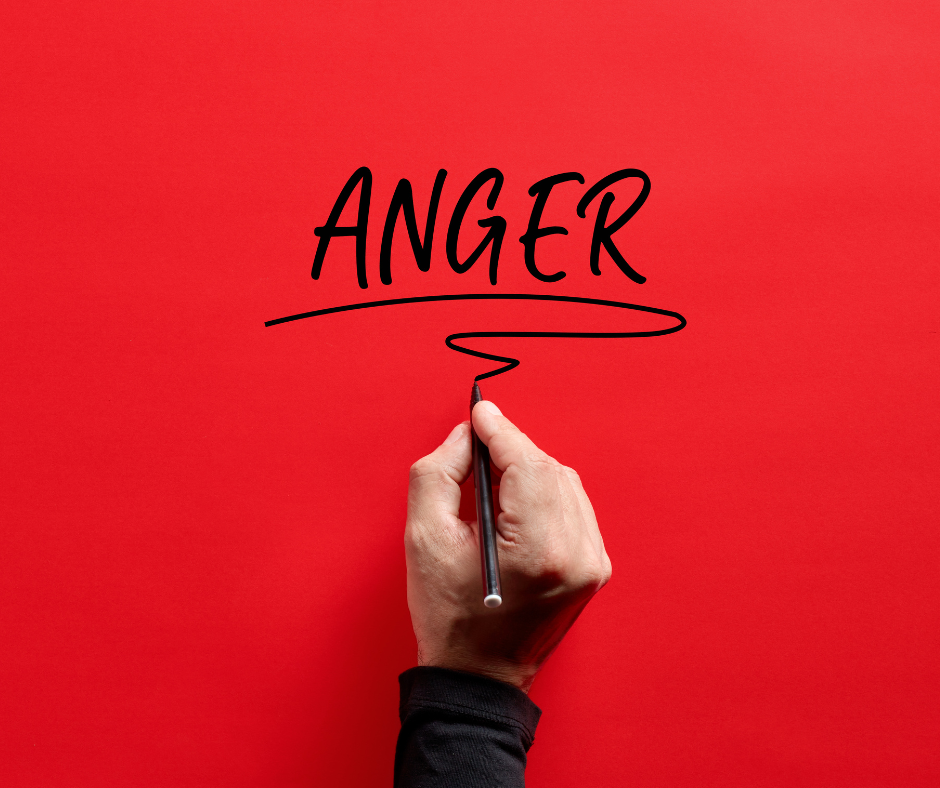By Linda Adams, President of GTI
“I decided not to say anything.”
“I didn’t feel my needs were as important as his.”
“I didn’t want to hurt their feelings.”
“I was afraid I’d lose my job/relationship/friendship if I spoke up.”
While the above statements may sound innocuous enough, in fact they signal a potential problem because implicit in each statement is the unwillingness to say what’s really on your mind. In the interest of maintaining a relationship or keeping a job, the truth remains hidden the result of which is often resentment and anger–at the other person and ultimately at oneself.
Anger may be the most complicated of all our emotions and I think it’s fair to say that most of us have conflicting feelings about it–whether it’s our own or someone else’s. Throughout our lives, we’ve had lots of negative experiences with it and so have developed a strong urge to deny and avoid it. Yet, we know that its presence tells us that something significant is going on inside–something that really matters.
I’m not talking about the flash of anger we might feel when the person ahead of us is driving very slowly and when we finally pass them, we see that they’re talking on their cell phone. In this piece, I want to discuss the kind of anger that gets in our way of being able to fully function, prevents us from developing our unique capacities–stops us from being our authentic self.
A major reason for resentment and anger is putting our own needs on hold; abandoning our own growth often in favor of another’s. This can occur in any relationship–between spouses, between parents and children, at work, with a friend.
Here are some examples:
- Moving to another city to accommodate your spouse’s new job which means leaving a job and a city you love.
- Putting off having a baby until your spouse “finds himself.”
- Helping your adult child/ren financially while sacrificing your own needs.
- Taking care of an aging parent while your siblings carry on with their everyday lives.
- Devoting all your time to raising your children and not taking time to meet your other important needs.
- Agreeing to work many extra hours on evenings and weekends when you’d rather be spending time doing other things you enjoy.
At the time we make such decisions, they may seem acceptable to us. We think: “I can adjust–my relationship is more important.” “When the kids are older, there will be time for me.” “This won’t last forever.”
But any time we make a decision to set aside our own important needs to accommodate someone else’s, we run a risk. This is particularly true the longer the situation continues. The longer needs and desires remain unmet, the more likely it is that resentment and anger will result. And the more likely that we will blame the other person for our decision, i.e. “If it weren’t for you, I could’ve…”
If we choose (and it is a choice) to stay stuck in anger and resentment, the status quo remains–we don’t need to face what we’re feeling at a deeper level. It is very likely when we choose to deal with anger and resentment in this way that we will feel increasingly helpless, like a victim, blaming others for what happens to us, taking little responsibility for our own lives. Just as a muscle atrophies because of lack of use, so does the ability to act in our own behalf. If we make the choice to maintain the unsatisfying status quo over and over again, we will have less and less ability and courage to make changes that could vastly improve the quality of our lives.
Being willing to feel anger and admit to having it can be very cathartic. Anger can bring clarity. It can make us keenly aware of what’s wrong–and let us see that we’re too unhappy or dissatisfied with the status quo to live with it any longer. It can motivate us to take action. Then the challenge becomes expressing it in a way that has the best chance of being heard and the least chance of damaging either our relationships or ourselves. In order to do that, we need to go deeper to find out what’s beneath it.
What’s Under the Anger?
Very often, anger is a secondary emotion–there’s another more basic, primary feeling beneath it and that’s fear. Fear that expressing your feelings would end the relationship, fear of hurting the other person or of being hurt, fear of not meeting others’ expectations, fear of changing the status quo, fear of exploring your own needs and having the courage to follow through to meet them.
Being willing to discover what’s beneath the anger, acknowledge it, accept it, and ultimately act on it, takes courage. It also takes skill. Listening to yourself without judgment or evaluation or asking a close friend to active listen to you is essential in discovering, acknowledging and accepting how and what you feel. On closer examination, you may be quite surprised to discover that your deeper feelings and needs are quite different than you believed them to be. Getting down to your core feelings can cause anger to dissipate and dissolve, an experience that can be relieving, calming, healing, motivating, even exhilarating.
Being self-disclosing then comes easier because you are in touch with your innermost feelings and needs. When you are keenly aware of how you feel, the tendency to blame others with “You-Messages” or come across aggressively is greatly reduced.
You need not be afraid of your anger and need not think of it as abnormal or unhealthy. It’s natural to feel angry when your needs are blocked. Learning to accept anger as a valid emotion or reaction is the first step in coming to terms with it.

